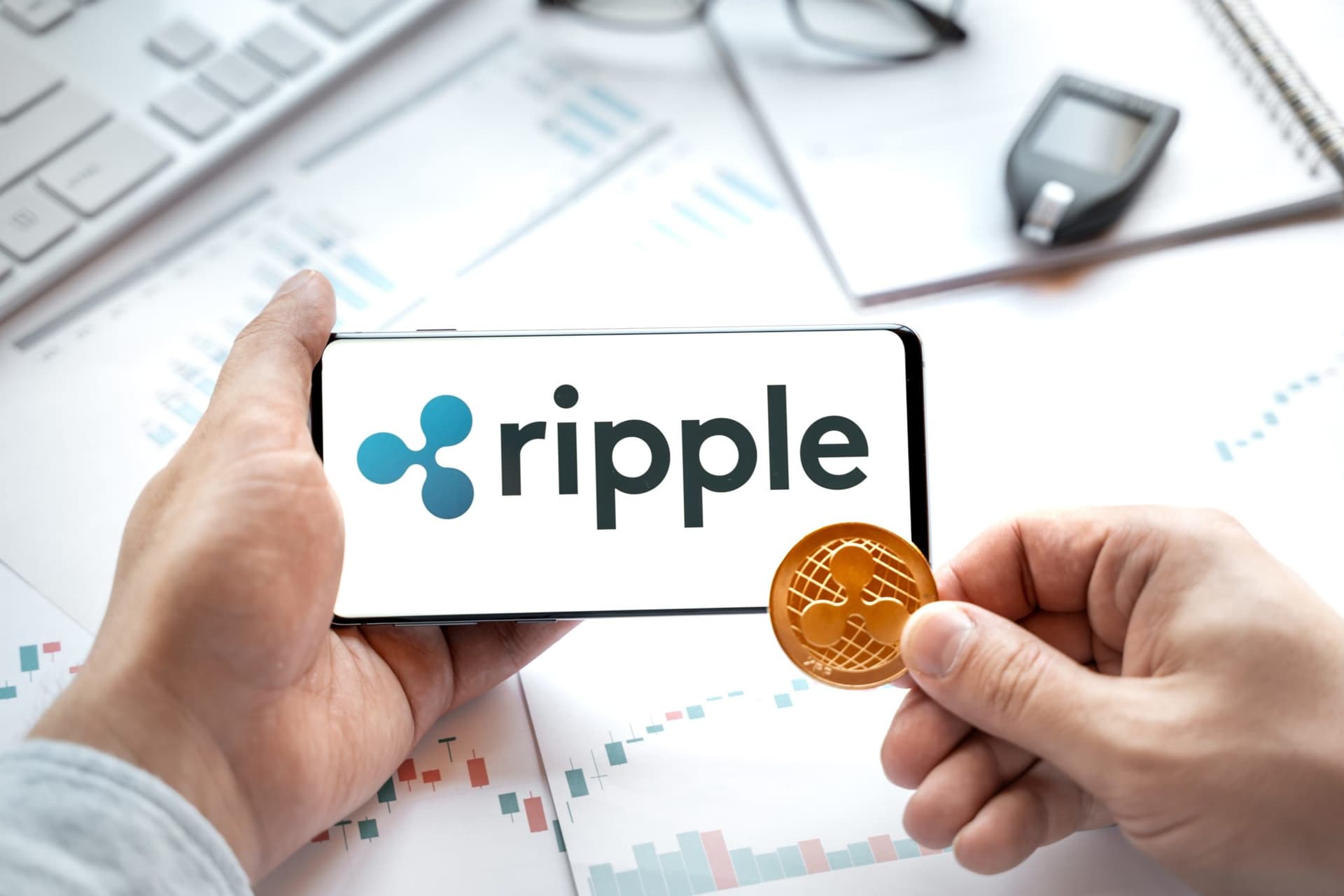Ripple Plans Crypto Liquidity Platform
Product for financial institutions will source digital assets from market makers, exchanges, OTC desks.

Source: Shutterstock
- Ripple Liquidity Hub, to launch in 2022, will allow access to XRP, BTC, ETH, LTC, ETC and BCH
- “Mainstream crypto requires engagement from financial institutions,” Ripple blog states
Blockchain-based payment protocol Ripple revealed plans for a crypto liquidity platform for financial institutions to source digital assets from the broader crypto market as a way to accelerate a shift to the space.
“While there are many exchanges supporting liquidity through the consumer trading of digital assets, a true crypto-first world will remain elusive without enterprise participation,” Ripple said in a Tuesday blog post. “Just as ubiquity for electric vehicles is impossible absent large automakers like Ford and Volvo, mainstream crypto requires engagement from financial institutions.”
Called Ripple Liquidity Hub, the platform intends to use smart order routing to source digital assets at optimized prices from market makers, exchanges, and OTC desks. Enterprises would use it to offer to their customers the chance to buy, sell and hold digital assets across different venues.
The product will avoid long integrations through a streamlined application programming interface and eliminate pre-funding requirements to free up working capital, the Ripple blog adds.
RippleNet has been using the crypto sourcing technology for about two years, according to RippleNet General Manager Asheesh Birla, and now looks to launch a customer-facing version of the product in 2022.
Though the product’s launch is pending applicable licensing, Coinme, the first licensed bitcoin ATM company in the United States, will be the first to utilize the Liquidity Hub’s underlying technology platform.
Birla likened the product to an aggregator for various liquidity venues and individual assets, the way that Google Flights is for airlines and flights.
“There’s already a lot of demand for this type of product in the market after the massive year that crypto has had,” Birla told Blockworks. “Banks, financial institutions, and SMEs realize the opportunity to integrate crypto into their business but they aren’t necessarily experts in this space and they need support offering their customers the ability to easily buy, sell, and hold crypto assets.”
The new product will support XRP, bitcoin (BTC), Ethereum (ETH), litecoin (LTC), ethereum classic (ETC) and bitcoin cash (BCH). Ripple plans to add additional digital assets over time, and also intends to add staking and yield generating functionalities.
XRP was priced at $1.27 as of 4 pm ET on Tuesday, which was up 16% from seven days ago, according to CoinGecko. Its market capitalization stood at nearly $60 billion at the time, which was the seventh-highest among crypto assets — behind Solana (SOL) and ahead of Polkadot (DOT).
The SEC in December 2020 filed an action against Ripple Labs Inc. and two of its executives alleging that they raised about $1.3 billion through an unregistered, ongoing digital asset securities offering.
The latest product development news follows Ripple’s announcement in September to launch a $250 million creator fund to support artists and creators building NFT projects on the XRP Ledger (XRPL). It announced partnerships with NFT marketplaces MintNFT, Mintable and VSA Partners at the time to help accelerate the initiative.
Get the day’s top crypto news and insights delivered to your inbox every evening. Subscribe to Blockworks’ free newsletter now.






